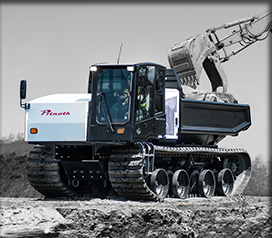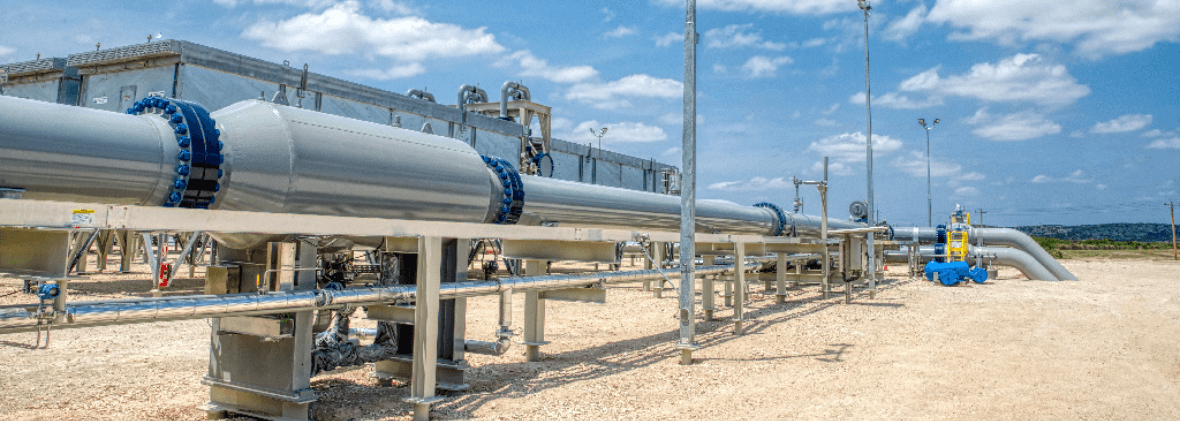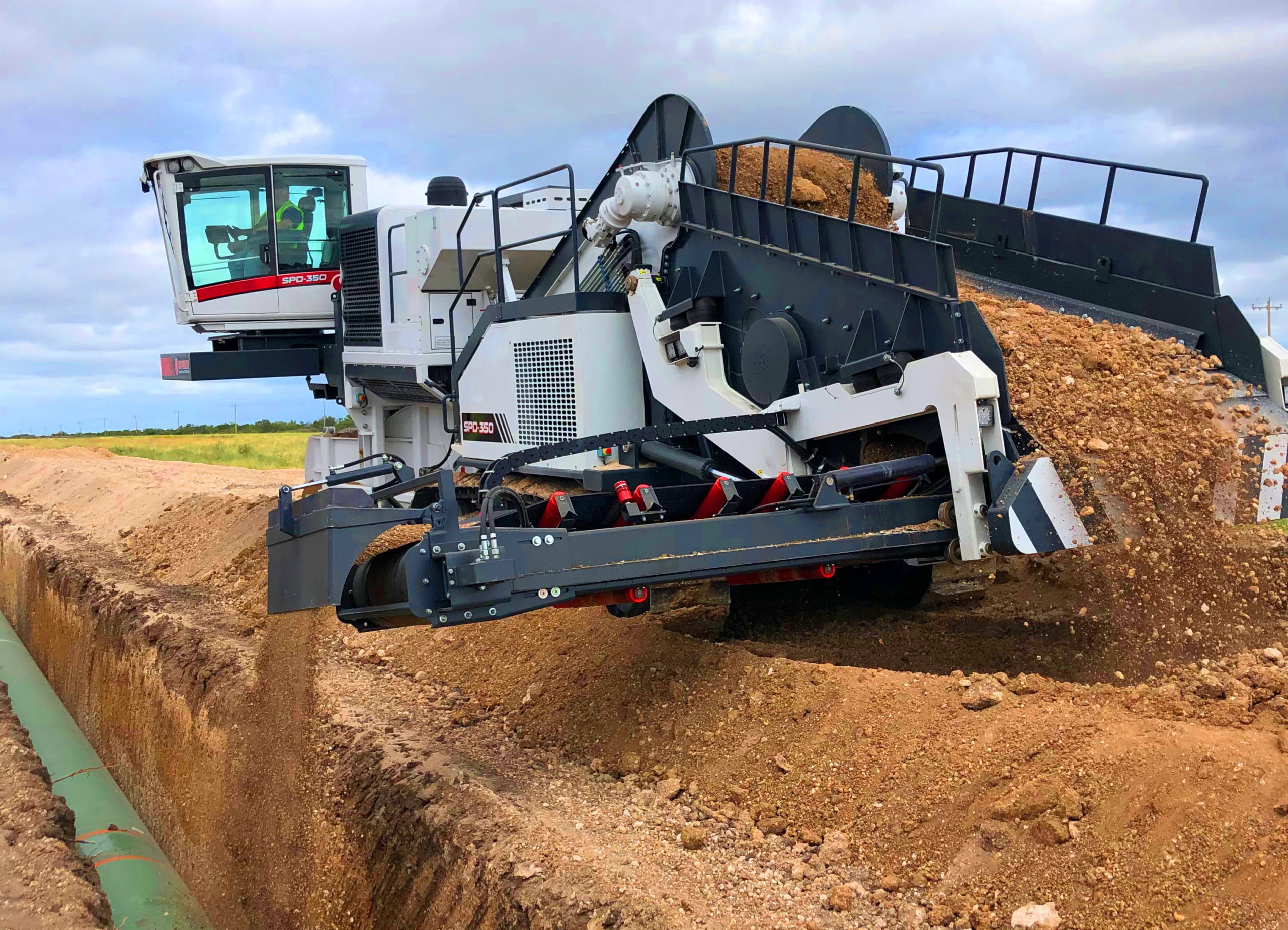A Comprehensive Guide to the Various Kinds Of Oil Field Equipment and Pipeline Equipment Available
The oil and gas market depends heavily on customized equipment for efficient extraction and transport. Different kinds of equipment, from drilling rigs to storage tanks, play essential functions in this complicated procedure. Each piece of devices offers distinct features that add to overall operational success. Understanding these parts is important for any person associated with the market. As the sector evolves, so too do the technologies that support it. What improvements are on the perspective?

Drilling Rigs: The Foundation of Oil Exploration
Drilling rigs act as the important equipment in the domain name of oil expedition, allowing business to access hydrocarbon gets hidden deep under the Planet's surface. These rigs can be found in different types, consisting of land rigs, offshore rigs, and mobile systems, each developed to run in details settings. Furnished with sophisticated technology, drilling rigs can penetrate geological formations with accuracy, making certain effective resource extraction. The structural integrity and functional capabilities of these rigs are critical, as they should endure extreme problems and significant pressures. In addition, the option of a drilling gear impacts the general task expense and timeline, making it an important factor to consider for oil business looking for to maximize their exploration initiatives and take full advantage of performance in their operations.
Pumps: Important for Liquid Motion
In the oil extraction process, the role of pumps is substantial, facilitating the motion of liquids throughout different stages of production. Pumps are necessary for moving unrefined oil, water, and other liquids from underground reservoirs to the surface area and afterwards via pipes to refineries. They are available in different types, including centrifugal, positive variation, and submersible pumps, each offering specific purposes based upon the liquid characteristics and operational needs. Centrifugal pumps are generally made use of for their performance in high-flow applications, while favorable displacement pumps master dealing with viscous fluids. The choice of pump impacts overall performance, functional security, and maintenance prices. Correct choice and maintenance of pumps are important for optimizing manufacturing and decreasing downtime in oil area operations.
Valves: Managing Flow and Pressure

Shutoffs play an essential duty in managing the circulation and pressure of fluids within oil areas and pipelines. Different kinds of shutoffs serve distinct applications, each made to meet specific functions basic for efficient operation - Superior Rentals Contact. Comprehending the attributes and uses these valves is necessary for maximizing system performance and security
Kinds of Valves
Crucial components in oil field operations, shutoffs play an essential function in regulating the circulation and stress of liquids within pipes and equipment. Various types of valves are used to fulfill the varied demands of oil and gas production. Common types include gate valves, which offer a straight-line flow and very little stress decline; world shutoffs, recognized for their strangling capacities; and round shutoffs, identified for their fast on/off control. In addition, check shutoffs protect against backflow, while butterfly valves use a light-weight remedy for controling flow. Each valve type is created with details materials and setups to endure the severe conditions typically discovered in oil fields, making sure dependability and effectiveness in operations. Understanding these types is critical for reliable system monitoring.
Valve Applications and Functions
While numerous sorts of valves serve distinct objectives, their key applications focus on managing flow and stress within oil and gas systems. Valves such as gate, globe, and round shutoffs control fluid activity, making sure peak performance and safety. Gateway valves are typically utilized for on/off control, offering minimal circulation resistance. Globe shutoffs, on the various other hand, offer specific flow regulation, making them ideal for throttling applications. Ball valves are preferred for their fast procedure and tight securing capabilities. Furthermore, pressure alleviation valves are important for stopping system overpressure, securing devices integrity. Generally, the suitable option and application of valves improve operational effectiveness, ensuring the trusted transport of oil and gas via pipelines and handling facilities.
Compressors: Enhancing Gas Transport
Compressors play an essential function in the efficient transport of all-natural gas, making certain that it relocates efficiently with pipes over fars away. These tools increase the pressure of all-natural gas, allowing it to conquer rubbing and altitude changes within the pipeline system. Furthermore, compressors promote the balancing of supply and demand, fitting variations in consumption and production rates. Numerous types of compressors are utilized in the sector, consisting of centrifugal, reciprocating, and rotary screw compressors, each offering distinct advantages based upon the functional requirements. Routine maintenance of these compressors is necessary to take full advantage of performance and minimize downtime, ultimately contributing to a reliable gas transportation network. Their crucial feature emphasizes the relevance of compressors in the general oil and gas framework.
Storage Tanks: Safe and Reliable Liquid Monitoring
Effective transport of gas depends on different support group, among which is the appropriate management of tank. These containers play an essential role in securely consisting of liquids, ensuring that operational effectiveness is preserved while lessening ecological dangers. Constructed from durable materials, they are made to withstand high stress and harsh check my blog aspects. Effectively sized and purposefully situated, storage tanks promote the smooth circulation of gas and other liquids, stopping bottlenecks in supply chains. Regular upkeep and tracking are critical to find leaks or structural concerns, promoting safety and conformity with regulative standards. Ultimately, the reliable administration of tank is important for the overall honesty and dependability of the oil and gas industry's liquid handling systems.
Pipeline Systems: Framework for Transport
Pipeline systems function as the foundation of the oil and gas market, facilitating the effective transportation of hydrocarbons over substantial distances. These systems include different parts, including pipes, shutoffs, pumps, and compressors, all carefully developed to ensure seamless circulation. The products utilized in pipeline construction, usually steel or high-density polyethylene, are chosen for durability and resistance to rust. Pipeline networks can span throughout land and water, connecting production websites to refineries and distribution centers. In addition, advanced innovation makes it possible for real-time tracking of circulation prices and pressure degrees, boosting operational effectiveness. The strategic placement of these pipes decreases environmental effect while taking full advantage of source ease of access, consequently playing an important function in conference power needs worldwide.
Safety Equipment: Making Certain Worker and Environmental Security
The procedure of pipeline systems, while important for energy transportation, likewise provides considerable safety and security challenges for workers and the environment. Safety equipment plays a significant role in reducing these dangers. Personal protective equipment (PPE) such as safety helmets, handwear covers, and non-slip shoes safeguards employees from physical threats. In addition, gas discovery systems check for leakages, making certain that unsafe materials do not posture a danger to employees or the surrounding ecosystem. Emergency shutdown systems are necessary for rapidly halting operations during a situation, preventing possible blocked sewer line calamities. Spill containment materials, consisting of absorbents and obstacles, are essential for reducing environmental influence. In general, investing in all-encompassing safety tools is important for preserving operational honesty and securing both workers and the environment in the oil and gas market.

Regularly Asked Questions
Exactly how Do I Pick the Right Oil Field Equipment for My Project?
Selecting the appropriate oil field equipment includes evaluating job specifications, budget constraints, and functional needs. Take into consideration elements such as devices dependability, compatibility with existing systems, and the distributor's reputation to guarantee peak efficiency and safety and security.
What Are the Upkeep Needs for Oil Field Equipment?
Maintenance requirements for oil field devices include regular assessments, lubrication, and prompt repair work. Operators must additionally comply with supplier standards, display efficiency metrics, and warranty conformity with safety and security laws to boost long life and performance.

How Can I Make Certain Compliance With Environmental Rules?
To ensure conformity with environmental regulations, business must perform routine audits, apply finest practices, buy training, maintain appropriate documentation, and stay upgraded on legislation (Superior Rentals Contact). drain pipe camera Partnership with ecological agencies can likewise boost adherence to policies
What Is the Typical Life-span of Pipeline Equipment?
The average life expectancy of pipeline tools generally varies from 20 to half a century, depending on elements such as worldly top quality, environmental conditions, and upkeep techniques. Regular evaluations can considerably affect long life and operational efficiency.
Exactly how Do I Securely Deliver Oil Field Equipment to Remote Locations?
Transporting oil field equipment to remote places calls for mindful preparation, including route assessment, protecting licenses, utilizing ideal vehicles, and ensuring safety protocols are followed. Correct training and interaction among teams are crucial for successful transportation.